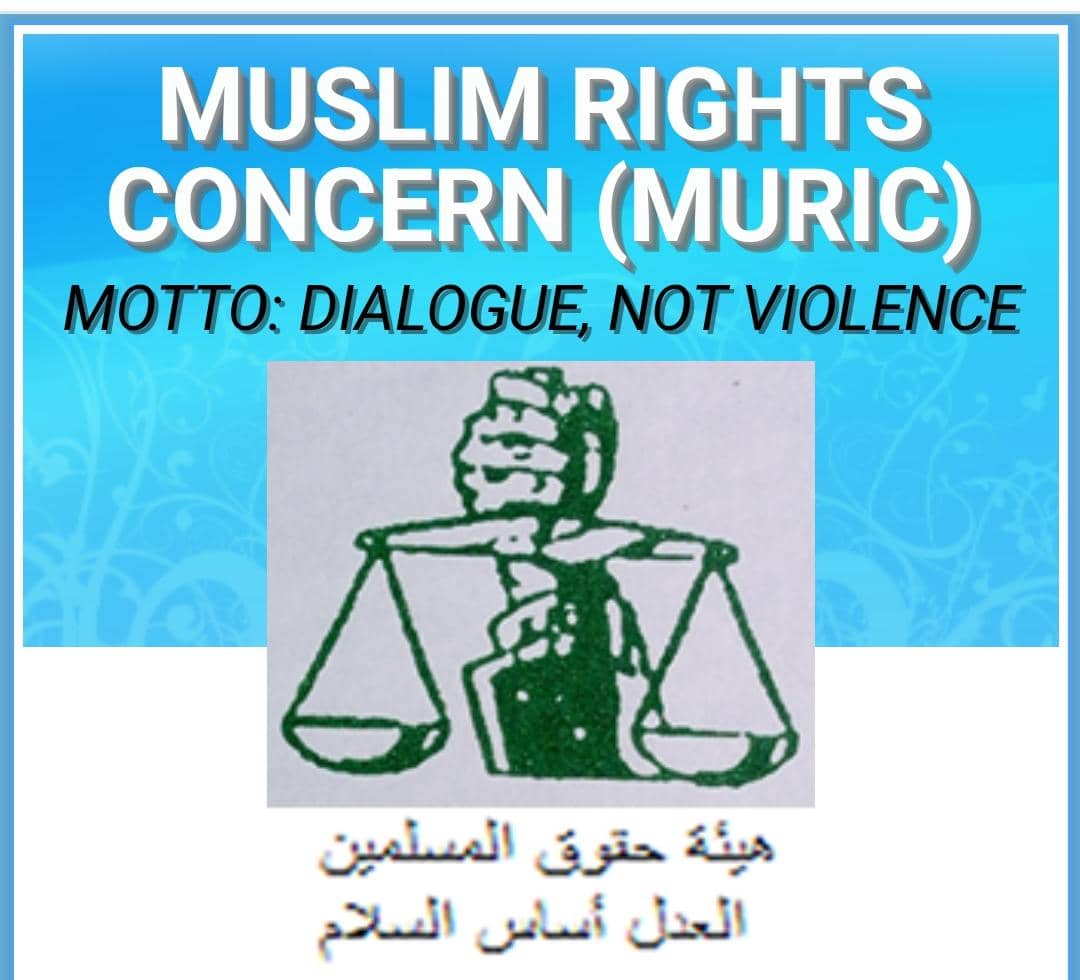Nowadays, it is common that whenever you publicly speak against an evil act or a corrupt practice, the usual reaction from the vast majority would be “don’t judge”, “Leave them”, “no one is pure” and other similar expressions. Unfortunately, this pseudo-ideology is gaining more popularity and fair-hearing among the contemporary Muslims as well, probably as a result of sheer ignorance or abandonment of the Shari’ah Law.
The glaring evil of this trend is that, whenever individuals are being criticized or corrected for indulging in haram practices such as shaking-hands with opposite gender (non-Mahram), staying indoor with another man’s wife, women appearing naked in public, partaking in heretic functions including Arafah night, Mawlid-Nabiyy festival and 40-days Fidau (funeral) Prayer e.t.c; the common defense-shield is “don’t judge me” … “don’t judge them” … “leave them” … “Innama al-A’amaal bi-Niyaat (actions are judged according to the intentions)”. But how valid is this claim vis-à-vis the Qur’an, the Sunnah, and proper reasoning?
Before going too far, we should recall that it was during a refutation to this propaganda that one of the foremost Caliphs known as Umar bn Al-Khataab – echoed the golden principle: “…We only judge now what is manifested outwardly of your deeds, leaving the inner secrets to Allah.” [Sahih al-Bukhari,].From the foregoing, we shall x-ray this “don’t judge” argument in the light of the three parameters stated earlier (i.e Qur’an, Sunnah & intellect).
ACCORDING TO THE QUR’AN
It seems the proponents and subscribers to this propaganda among Muslims have quickly forgotten that another name for the Qur’an is “Al-Furqan”: meaning “the Criterion” – something which distinguishes/judges between right and wrong, good and bad, truth and falsehood (see Qur’an 25:1). Therefore, it is pertinent to remind the Muslims that Allah has revealed laws and regulations (termed as Shari’ah) in the Qur’an by which the Prophet, the Caliphs (successors) and other prevailing Muslim authorities must judge with. Though judgment truly belongs to Allah alone (Qur’an 12:40) but Allah will not come down on earth to administer judgment; rather, He has delegated judgment to be implemented by fellow humans among ourselves, in accordance to His regulations and revelations (and not man-made constitutions).
“So Judge between them by what Allah has revealed…” (Qur’an 5:49) “And whosoever does not judge by what Allah has revealed (then) such are the Fasiqoon (rebellious, disobedient to Allah)” (Qur’an 5:48)
However, if one is incapacitated to implement judgment by the hand, particularly those who are not in position of authority, this is not an enough excuse to condone evil acts. Several verses in the Qur’an mandate Muslims to exercise judgment and command justice through admonitions (in speech and writing). This very point represents a distinctive trait that position the Muslims as the best of nations as Allah mentions:
“You (Muslims) are the best nation ever raised (as an example) for mankind. You enjoin what is right and forbid what is wrong…” (Qur’an 3:110)
“Invite to the way of your Lord (i.e. Islam) with wisdom) and fair preaching, and argue with them in a way that is better…” (Qur’an 16:125).
Conversely, abandoning this collective responsibility is what justified the curse upon the Israelites as informed in Qur’an 5:78-79: “Cursed were those who disbelieved among the Children of Israel by the tongue of David and of Jesus, the son of Mary. That was because they disobeyed and [habitually] transgressed. They used not to forbid one another from evil-doing which they committed. How wretched was that which they use to do”. The scholars explained that Allah chastised them (i.e the Isrealites) for this behaviour so that we (Muslims) would not imitate them on that.
ACCORDING TO THE SUNNAH
Similarly, Prophet Muhammad warned about the consequence of abandoning the call to good and forbidding the wrong. He once said: “By the One in Whose hand is my soul, you must certainly command the good and forbid evil, or else a punishment from Him (Allah) would soon be sent upon you, after which you would call upon Him yet your supplication would not be answered.” [Tirmidhi].
In another narration by Abu Sa’eed Al-Khudri, the Prophet stated an important principle in rectifying the apparent evils within the society, saying: “Whoever among you sees an evil (an immoral act or wrongdoing), then let him change (correct) it with his hand, if he is not able to do so, then (let him change it) with his tongue, if he is unable, then he should (detest) it with his heart- and that is the weakest of Faith” (Sahih Muslim). These two aforementioned narrations from Prophet Muhammad are against the philosophy of “don’t judge” that is widespread nowadays.
ACCORDING TO THE INTELLECT
Rationally, the “don’t judge” school of thought betrays common sense. It is a customary belief that “where there is no law, there is no sin or punishment”. Can a society ever achieve peace and harmony when humans do not judge among themselves? Any system devoid of implementation of credible judgment and justice automatically translates to a jungle society where lawlessness and anarchy becomes the status quo. What is then the essence of setting up judiciary institutions such as conventional courts, police force, civil defense corps and other anti-crime agencies other than serving as mechanisms to maintain decorum in society.
Ironically, the proponents of this ridiculous concept do not pardon corrupt politicians and civil servants who embezzle the public treasury, not even the Christians who claim Christ has died for the looters’ sins. In the contrary, everyone always clamour for justice to reign. This phenomenon reveals nothing but sheer hypocrisy and double standard that is being displayed by many religion adherents.
Conclusion: In reality, the “don’t judge” argument does not hold water. It seeks to erode the propagation of da’wah (enjoining the good and forbidding the wrong) which is a lofty virtue enshrined in Islam. Those who embrace the philosophy want to create a liberal society where individuals are free to follow their vain desires, which inevitably leads to prevalence of corruption, transgression and oppression.
Nevertheless, regardless of where this hoax emerged from, this write-up shows it is alien to Islam and can never give birth to a healthy society. May peace be upon those who follow the guidance!
By: Abu Mar’yam Hanafi Abdulkadri
Email: hanafiabdulkadri@gmail.com




Why some people are of the opinion of don’t judge as highlighted in the above article i thin it is in the interest of peace.If anyone is found to have indulged in an act whose an iota of it can’t be traceable to either Quran or Hadith I think it should be condemnable.Though intention with which such an act is committed call for the application of wisdom in our correction.A spade is a spade not a farm implement.
You are on point. Thanks for your comment!